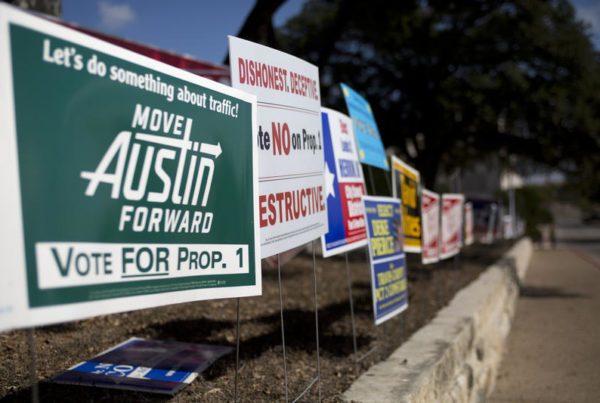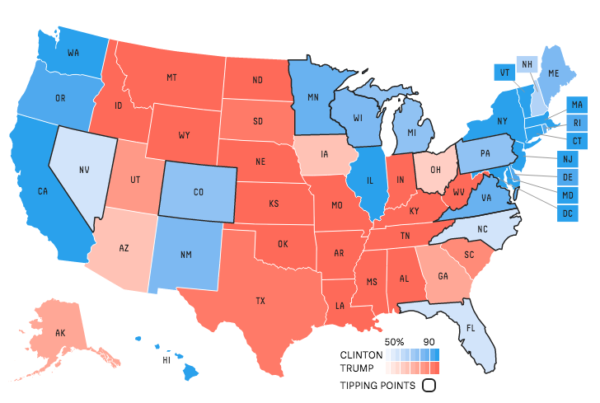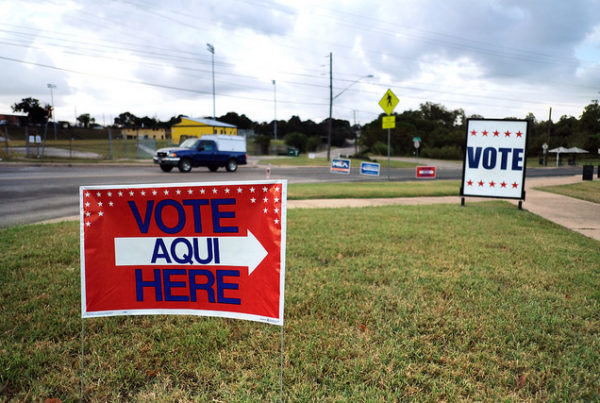If you’re a news junkie, it might seem like the presidential election was the only thing worth covering for the past 18 months. But plenty of stories went under- or unreported. What stories have flown under the radar while the nation recoiled at this year’s campaign outrages and sat riveted to the horse race?
David Uberti, staff writer at the Columbia Journalism Review, says the way news is distributed puts much of the coverage power in the hands of the news consumer.
“Even though the media, in some cases, does cover specific stories,” he says, “they don’t necessarily get bubbled to the top of your Facebook news feed or your Twitter feed.”
Uberti says this year, four kinds of stories have been “less sexy” than the campaign rollercoaster:
– American economic recovery
– Global proxy wars, like the conflict in Yemen
– Humanitarian crisis in Syria
– Cultural shifts in the U.S. – including nine states with marijuana reform on the ballot today, a Supreme Court case involving transgender Americans and the first year of nationwide same-sex marriage
What makes campaigns “sexy” and other stories less so, Uberti says, is that American political culture has a “celebrity-driven campaign environment” that crystallizes campaign messaging into easily-shared snippets. A proxy war in Yemen, for example, requires historical and geopolitical knowledge to understand that context of the conflict, he says.
“We can dumb down – for lack of a better term – a lot of the political communication that takes place in our presidential campaigns,” Uberti says. “The way that we’ve structured our campaigns as journalists and politicians – it really bodes well for us to simplify them into very easily shareable, compact, bite-size nuggets.”
Cable news isn’t a growing medium but the election has helped boost their ratings, Uberti says. Digital news and traditional print outlets haven’t been able to rely on advertising.
“I don’t think there is as easy of a translation between exploding audience numbers and increased revenue,” he says.
Post by Hannah McBride.

















